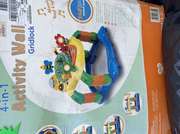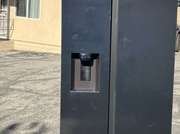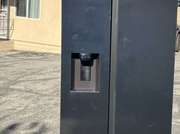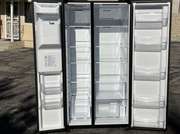
Unlocking the Potential of the Used Goods Market
The Ever-Changing Landscape of the Used Goods Market
The market for used goods has undergone a remarkable transformation, driven by a growing awareness of the environmental impact of consumerism and a shift towards more sustainable living practices. This evolution has not only opened up new opportunities for savvy consumers but has also posed unique challenges for sellers navigating this competitive space. In the heart of this market lies the paramount importance of understanding its dynamics, from the role of online platforms in facilitating transactions to the changing perceptions of value and quality among consumers.
Why Sustainability Is Becoming a Key Driver
Sustainability has emerged as a critical factor influencing consumer behavior in the used goods market. As more people seek to reduce their environmental footprint, the appeal of pre-owned items has surged, creating a vibrant marketplace that champions reuse over disposal. This shift towards sustainability is reshaping the market, compelling sellers to highlight the environmental benefits of their offerings and encouraging buyers to consider the lifecycle of their purchases.
Adapting to Digital Innovations
The rise of digital platforms has revolutionized the way used goods are bought and sold, making it easier than ever to find or dispose of pre-owned items. From dedicated online marketplaces to social media groups, the digital realm offers a plethora of options for those looking to engage with the used goods market. However, with this convenience comes the challenge of standing out in a crowded online space, underscoring the importance of leveraging digital innovations to connect with potential buyers or sellers effectively.
































